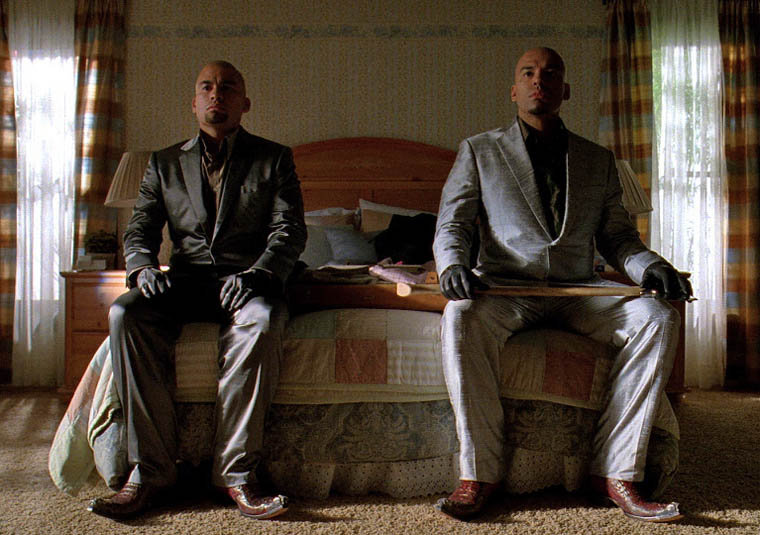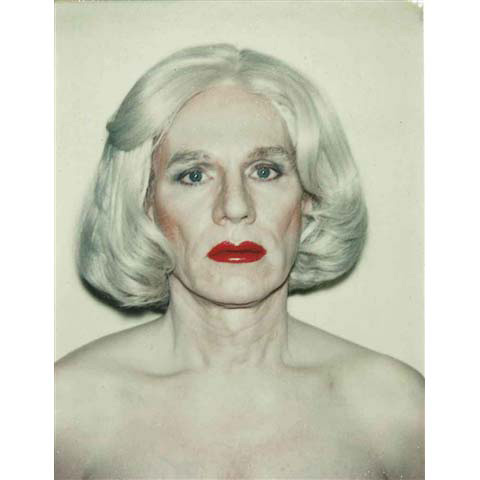 I hadn't gone to the Center library with the thought that I needed to situate myself by any one author. Without doubt, I was headed to the Poetry section, to restore myself after a difficult day. At 7 pm I was going to meet a friend at an event. Until then I had an hour loose as pocket change. An opportunity to make a transition from my work self to my looser, more authentic self. Some people might accomplish this with a cocktail and more power to them. I needed to read a poem.
I hadn't gone to the Center library with the thought that I needed to situate myself by any one author. Without doubt, I was headed to the Poetry section, to restore myself after a difficult day. At 7 pm I was going to meet a friend at an event. Until then I had an hour loose as pocket change. An opportunity to make a transition from my work self to my looser, more authentic self. Some people might accomplish this with a cocktail and more power to them. I needed to read a poem.So there I was in the LGBT Center, in its second floor library modestly snuggled into a corner down the corridor from the Keith Haring room. I found myself by the H's, and in the H's saw "Hacker, Marilyn" and within my grasp I placed, as stated above, her collection, Taking Notice (Knopf, 1980).
I read "Sequence" which begins: "A woman is talking to you. . ."
You--an oblivious man. I read the poem (which I am not critiquing, analyzing or even fully appreciating here--just explaining how we came to this place), bounded out and onto the bench in the hallway, dragged out my notebook and wrote the poem below.
The friend I was meeting at 7 saw me, but I waved her away. It was 6:45 and I was still writing, maybe not as elegantly as Hacker, but I was true to myself and recent experiences, including my having met Hacker, as described in the poem below. My friend came by at 7 and we talked and listened, listened and talked. It's what we do, we women. (On a good day.)
Marilyn Hacker
She says you are talking to a
woman
disinteresting you and I wonder if
I am that woman disinteresting you
but think I disinterest not anyone
though being interesting assigns
problems when you are a woman
which you are not but I am a woman
interesting you are not talking to
and I ask Why so disinterest yourself?
At Barnes and Noble (note 2 Barnes
1 Noble) a Chinese guy American
points to a white woman editorial
in the cafe and asks his friend if she
is the “chimp woman Jane Goodall”
cause she has “that Anglo patrician
look.” I'll bet you have no bananas
there exist Anglo patrician men
disinterested in Goodall interesting
who (said particular patricians) spin
about their noggin a men's club of
disinteresting you and I wonder if
I am that woman disinteresting you
but think I disinterest not anyone
though being interesting assigns
problems when you are a woman
which you are not but I am a woman
interesting you are not talking to
and I ask Why so disinterest yourself?
At Barnes and Noble (note 2 Barnes
1 Noble) a Chinese guy American
points to a white woman editorial
in the cafe and asks his friend if she
is the “chimp woman Jane Goodall”
cause she has “that Anglo patrician
look.” I'll bet you have no bananas
there exist Anglo patrician men
disinterested in Goodall interesting
who (said particular patricians) spin
about their noggin a men's club of
mosquito netting or Pigpen's flotsam.
Once at a feminist writers and so on
I, needing more coffee, wondered
How do I ask Marilyn Hacker to move?
The woman was buttonholed in front
Once at a feminist writers and so on
I, needing more coffee, wondered
How do I ask Marilyn Hacker to move?
The woman was buttonholed in front
of the urn. I asked her, How do you
ask Marilyn Hacker to move? She is
small and attentive and Marilyn Hacker.
ask Marilyn Hacker to move? She is
small and attentive and Marilyn Hacker.
My query disinteresting made her grin.
_______
Sarah Sarai, first published in West Wind Review, Southern Oregon University, 2012.
Sarah Sarai, first published in West Wind Review, Southern Oregon University, 2012.




